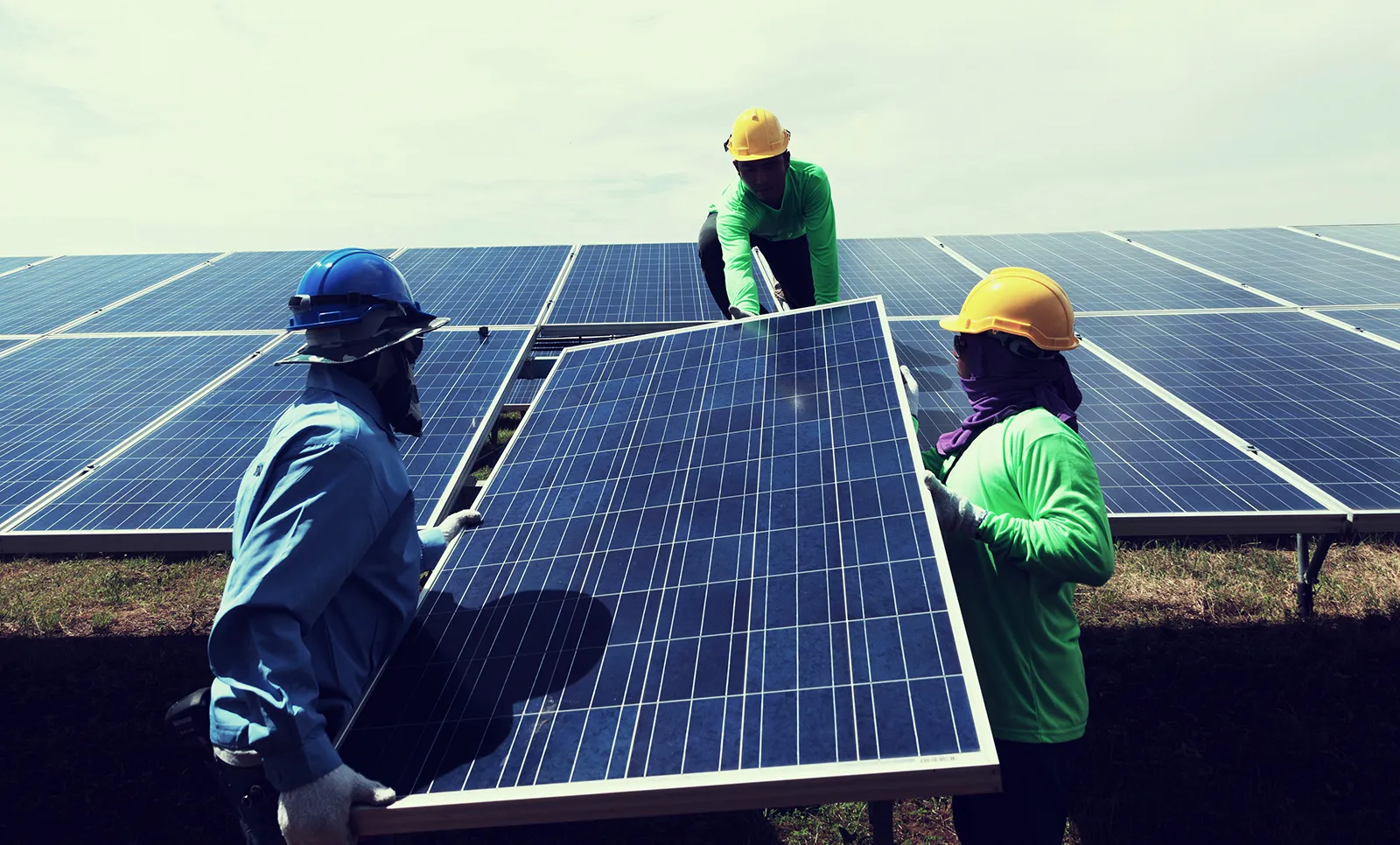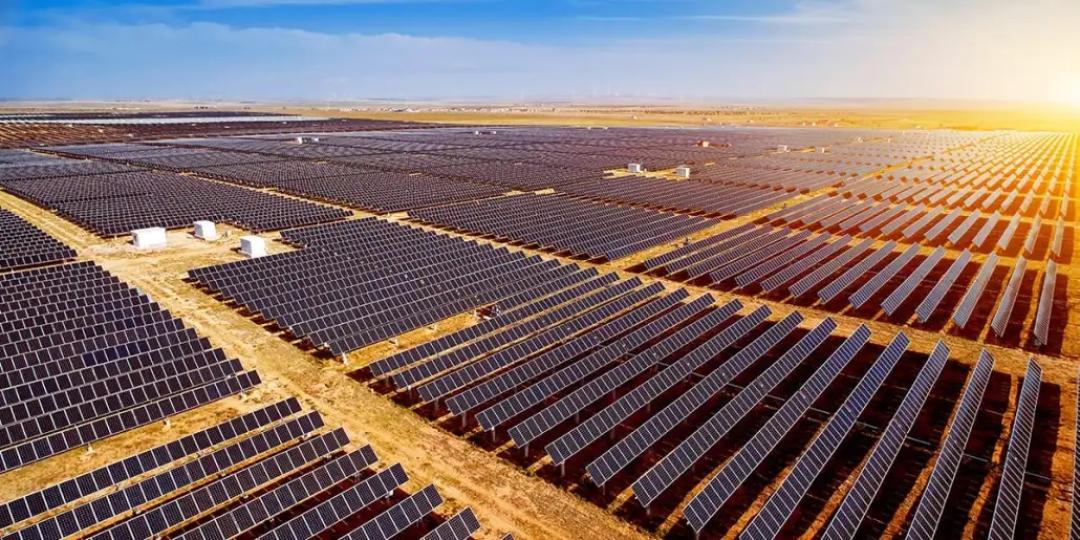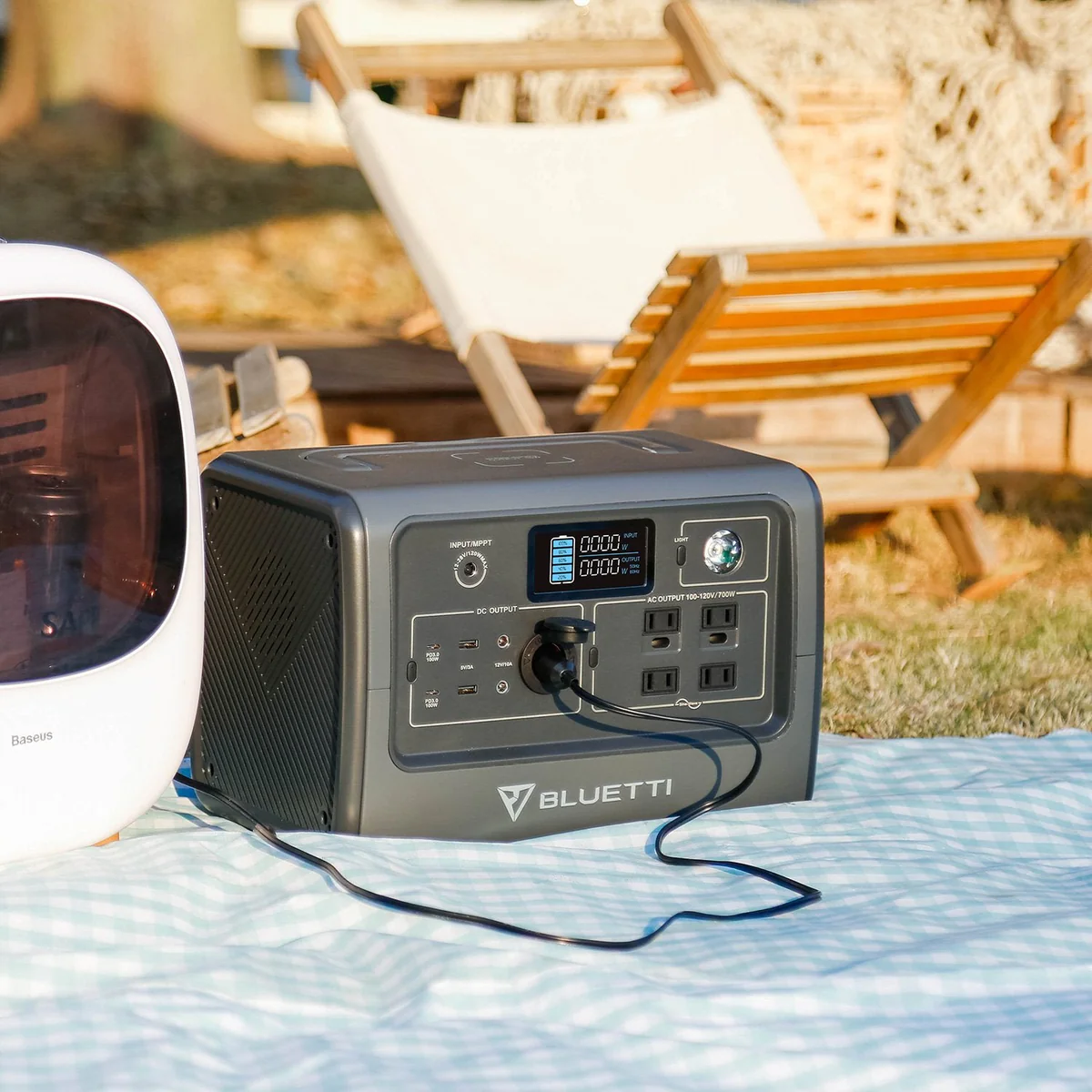
Here at PoweredUp, we’re excited about the long-awaited solar panel tax rebate that has been introduced in South Africa. We know that many homeowners are eager to take advantage of this opportunity to become more energy independent and reduce their carbon footprint. However, we also understand that there are many questions and concerns surrounding this new legislation, particularly regarding who is eligible and what the limitations are.
In this article, we’ll provide you with all the information you need to know about the solar panel rebate, including eligibility requirements, rebate details, and the necessary requirements to qualify.
Eligibility
Anyone who is a tax-paying resident of South Africa and either a PAYE contributor or provisional taxpayer is eligible to apply for the solar panel rebate. However, this rebate only applies to residential properties, and not businesses. It is only claimable by an individual person, not by a body corporate.
Sectional title holders may also qualify for the rebate if the installation is permissible and the consumer can install solar panels on their sectional title.
Rebate Details
To qualify for the rebate, you must purchase and install brand-new, unused solar panels with a minimum power rating of 275W between March 1, 2023, and February 29, 2024. You can claim 25% of the total cost of your solar panels, up to a maximum claim amount of R15,000. Note that this rebate only applies to fixed solar panels and does not include inverters, batteries, portable solar panels, or diesel generators.
Requirements
If you are a PAYE contributor or provisional taxpayer, then you must meet certain requirements to claim the rebate, such as installing the solar panels at a residential property, having a minimum solar panel capacity of 275W, and being able to provide proof of payment, a VAT invoice, and a certificate of compliance indicating that the solar panels were installed for the first time between March 1, 2023, and February 29, 2024.
Solar Advice
The team at PoweredUp understands that homeowners are eager to take advantage of this rebate, and we’re here to help you every step of the way. We kindly ask that you respect our employees, who are doing their best to assist you with your energy independence goals. Please note that we cannot change invoice dates to fall within the required timeframe, as this is both dishonest and fraudulent. As a trusted business, we will not risk our reputation or the employment of our team members by engaging in shady practices.
We hope that this article has helped to clarify the solar panel tax rebate in South Africa. If you have any further questions or concerns, please don’t hesitate to contact us at PoweredUp.



